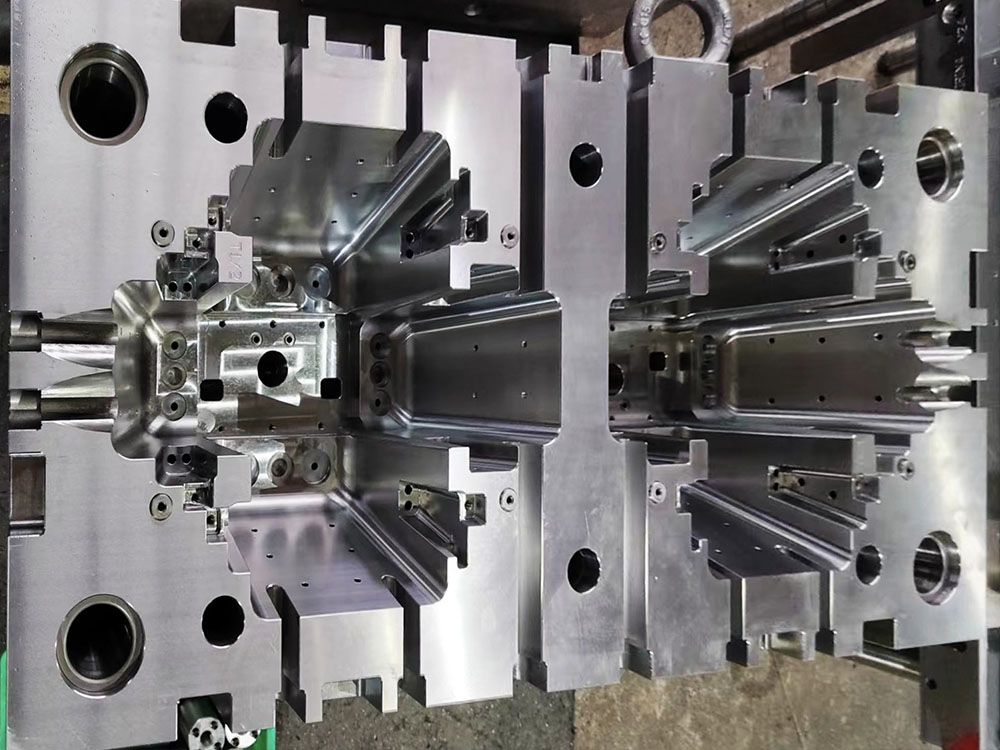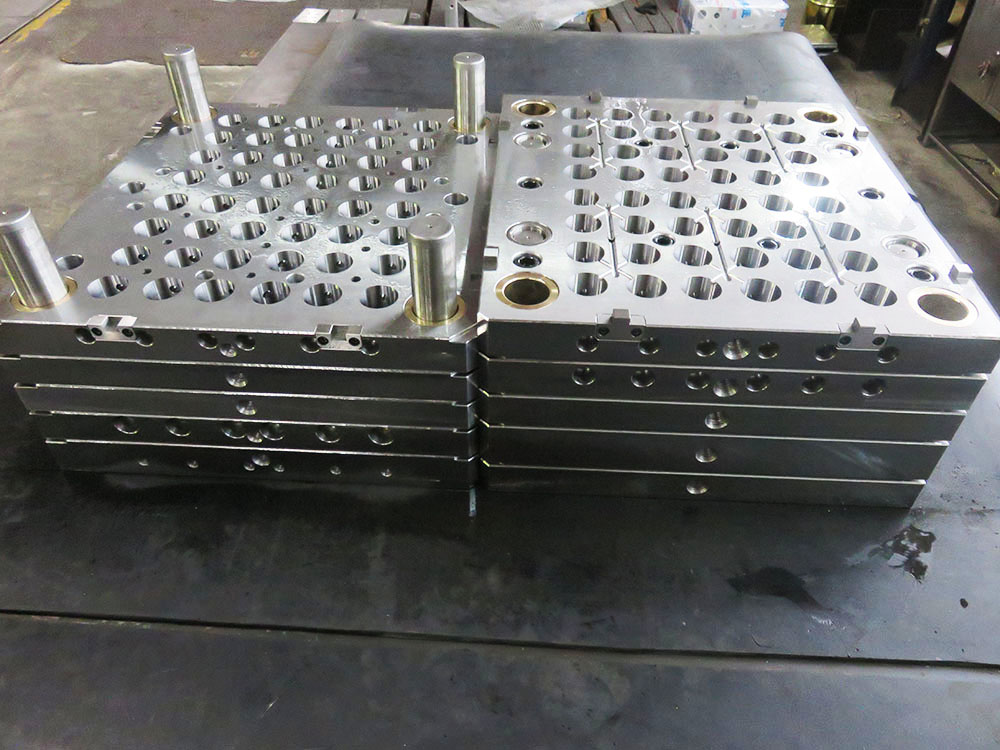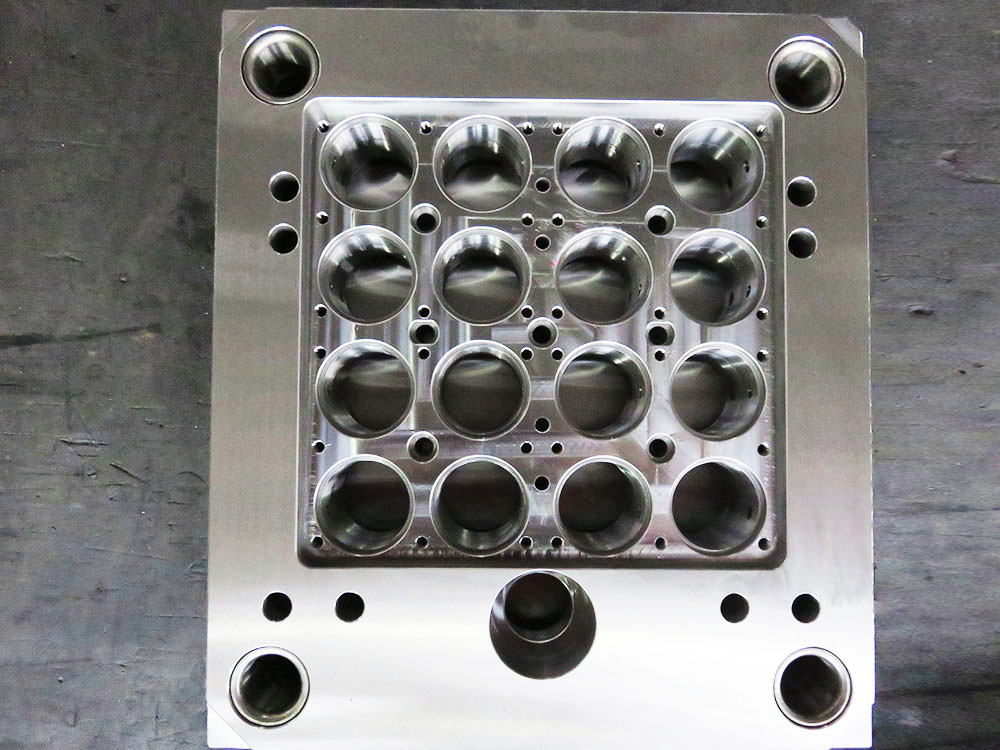Mold Base Industry: What to Consider in Modular Construction
The mold base industry plays a vital role in various manufacturing sectors, including automotive, aerospace, electronics, and consumer goods. Mold bases are a crucial component in the production of molds, serving as the foundation for creating intricate and precise parts. As modular construction gains popularity in the industry, it is essential to consider certain factors to ensure the success of mold base implementation. This guide explores the key considerations for mold base manufacturers and users in modular construction.
1. Compatibility and Interchangeability
One of the primary advantages of modular construction is the ability to interchange components easily. Mold bases should be designed and manufactured to guarantee compatibility and interchangeability with other mold base components. Standardization of dimensions and features, such as mounting patterns and clamping systems, is crucial to ensure seamless integration with various molds and modular systems. Compatibility also extends to electrical and hydraulic connections, allowing for efficient assembly and disassembly.
2. Structural Integrity and Precision
Mold base components must possess excellent structural integrity and precision to withstand the inherent stresses and demands of the molding process. The use of high-quality materials, such as steel or aluminum, combined with rigorous manufacturing processes, ensures the durability and stability of the mold base. It is essential to consider factors like rigidity, dimensional accuracy, and resistance to wear and tear, as these directly impact the quality and consistency of the final molded parts.
3. Customization and Flexibility
Mold base manufacturers should offer customization options to meet the specific requirements of different molding applications. The ability to modify dimensions, features, and configurations on a modular level allows for flexibility in adapting to evolving production needs. Additionally, advanced design capabilities, including CAD/CAM software and 3D modeling technologies, enable precise customization while reducing lead times and costs associated with traditional tooling methods.
4. Component Traceability and Documentation
Traceability and documentation are essential in modular construction, enabling efficient maintenance, repair, and replacement processes. Each mold base component should be clearly labeled with its specifications, part numbers, and manufacturing details. A comprehensive documentation system should accompany the mold base, providing users with essential information for troubleshooting, ordering spare parts, and overall system management. Electronic databases and cloud-based platforms have become increasingly popular solutions for ensuring real-time access to relevant data.
5. Ease of Maintenance and Repair
In the event of a malfunction or wear and tear, modularity plays a crucial role in minimizing downtime and maintenance costs. Mold base components should be designed for easy disassembly and reassembly, enabling quick repairs or replacements without affecting the entire system. Accessibility to critical areas, such as cooling channels or ejector systems, is key to efficient maintenance. It is also important to consider the availability of spare parts and the ease of sourcing them from the manufacturer or authorized distributors.
6. Cost-effectiveness and Return on Investment (ROI)
When considering modular construction for mold bases, it is imperative to evaluate the cost-effectiveness and potential return on investment. While modular systems may require an initial investment, the long-term benefits can outweigh the upfront costs. Modular construction offers increased flexibility in production, reduced lead times, and enhanced system scalability. Factors such as reduced setup times, improved productivity, and minimized downtime contribute to overall cost savings and an improved ROI.
Conclusion
The mold base industry is continually evolving, and modular construction presents a promising approach to meet the dynamic demands of the manufacturing sector. By considering compatibility, structural integrity, customization, traceability, ease of maintenance, and cost-effectiveness, mold base manufacturers and users can harness the full potential of modular construction. Embracing these considerations will ensure efficient production processes, higher product quality, and a competitive edge in the industry.




